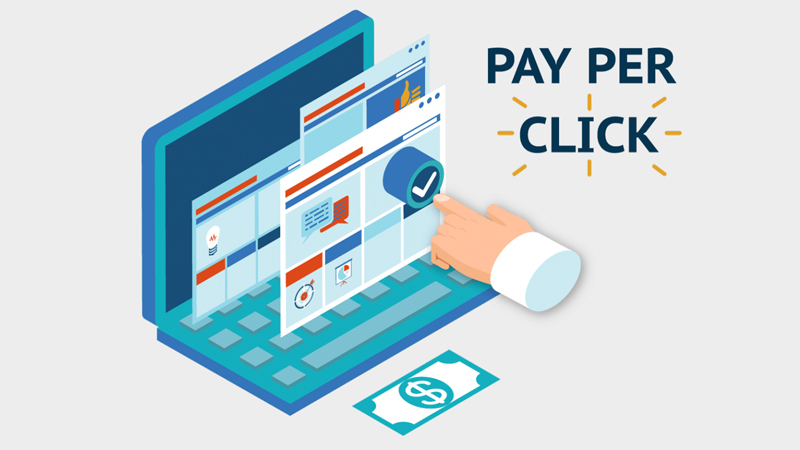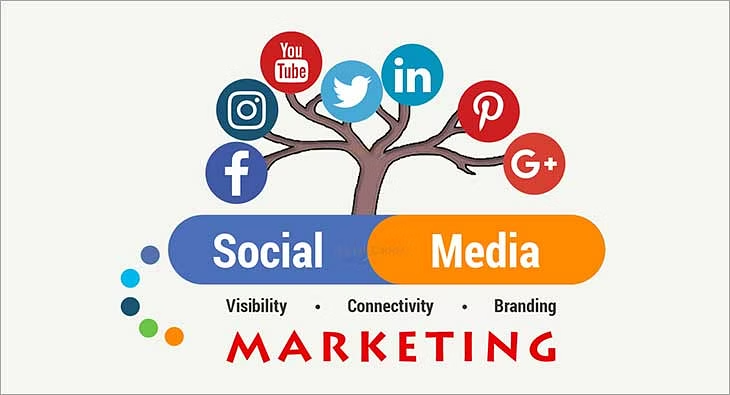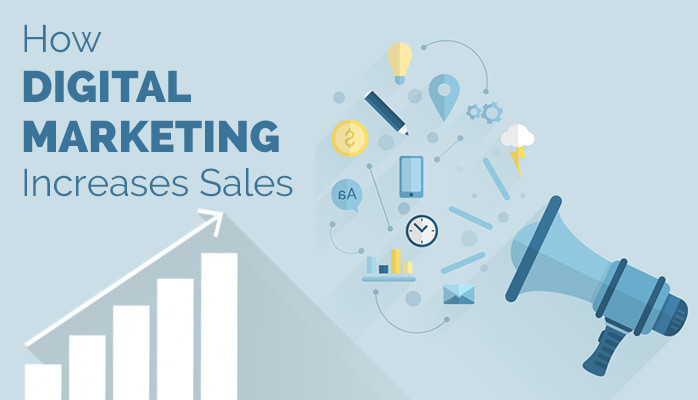Subtotal 0 د.إ
Importance Of Digital Marketing
In today’s digital age, increasing sales requires a strategic approach to digital marketing. With numerous options available, it’s important to know where to invest your resources for the best results. Let’s explore some effective digital marketing strategies that can help you boost sales and grow your business.
Investing in a comprehensive digital marketing strategy that includes SEO, PPC advertising, content marketing, email marketing, and social media marketing can help you increase sales and grow your business online. By focusing on providing value to your audience, understanding their needs, and delivering personalized experiences, you can build meaningful relationships that drive long-term success.
Search Engine Optimization (SEO)

Search engine optimization is like planting seeds in a garden. When you optimize your website with the right keywords and content, you’re planting seeds that can grow into organic traffic over time. By improving your website’s visibility on search engines like Google, you can attract more visitors who are actively searching for what you offer. With consistent effort and the right strategies, SEO can yield long-term benefits for your business.
To make the most of SEO, it’s important to understand how search engines work. Google, for example, uses complex algorithms to determine which websites to show in search results. By optimizing your website with relevant keywords, meta tags, and high-quality content, you can improve your chances of ranking higher in search results.
In addition to on-page optimization, off-page factors like backlinks and social signals also play a vital role in SEO. Building quality backlinks from reputable websites and engaging with your audience on social media can help boost your website’s authority and visibility in search results.
It’s worth noting that SEO is not a one-time task but an ongoing process. Search engine algorithms are constantly evolving, and it’s important to stay updated on the latest trends and best practices in SEO to maintain and improve your rankings over time.
Pay-Per-Click Advertising (PPC)

PPC advertising is like renting a storefront in a busy shopping mall. You pay to display your ads to people who are actively searching for products or services like yours. With platforms like Google Ads or social media ads, you can target specific keywords or demographics to reach your ideal customers. The beauty of PPC is that you only pay when someone clicks on your ad, making it a cost-effective way to drive targeted traffic to your website and increase sales.
When setting up a PPC campaign, it’s important to choose the right keywords and create compelling ad copy that entices users to click. You also need to set a budget and bid strategically to ensure that you’re getting the most out of your advertising dollars.
One of the advantages of PPC advertising is its measurability. With tools like Google Analytics, you can track the performance of your ads in real time and make data-driven decisions to optimize your campaigns for better results. Whether it’s adjusting your targeting parameters, refining your ad copy, or tweaking your bidding strategy, ongoing optimization is key to maximizing the ROI of your PPC campaigns.
Content Marketing

Content marketing is simply about giving your audience something valuable. Whether it’s through blog posts, videos, infographics, or social media, creating high-quality content can help you attract and engage potential customers. By addressing their needs, answering their questions, and providing valuable insights, you can build trust and credibility with your audience. Over time, this can lead to increased brand awareness, customer loyalty, and ultimately, more sales.
The key to successful content marketing is understanding your audience and creating content that resonates with them. What bothers them? What challenges do they face? And what catches their eye? What questions do they have, and how can you provide answers and solutions through your content?
Once you’ve identified your target audience and their needs, you can develop a content strategy that aligns with your business goals. This may involve creating a mix of educational, entertaining, and promotional content across different channels to attract and engage your audience at various stages of the buyer’s journey.
In addition to creating content, it’s also important to promote it effectively to maximize its reach and impact. This may involve sharing your content on social media, reaching out to influencers or industry experts for collaborations, or leveraging email marketing to notify your subscribers about new content.
Email Marketing

Email marketing is like having a direct line of communication with your customers. By building an email list of subscribers who have opted in to hear from you, you can send targeted messages and promotions directly to their inbox. Whether it’s a welcome series for new subscribers, a weekly newsletter with helpful tips, or special offers for loyal customers, email marketing allows you to stay connected and drive sales with personalized messages that resonate with your audience.
One of the key advantages of email marketing is its ability to deliver highly targeted and personalized messages to your audience. By segmenting your email list based on factors like demographics, purchase history, or engagement level, you can tailor your messages to specific groups of subscribers and deliver content that’s relevant and valuable to them.
In addition to promotional emails, it’s also important to provide value-added content that keeps subscribers engaged and interested in hearing from you. This may include educational content, exclusive discounts or offers, or updates about new products or services.
To maximize the effectiveness of your email marketing efforts, it’s important to focus on building and maintaining a healthy email list. This means regularly cleaning your list to remove inactive or disengaged subscribers, respecting subscribers’ preferences and privacy, and providing clear and easy-to-find opt-in and opt-out options.
Social Media Marketing

Social media is where conversations happen. Social media is like a bustling marketplace, with tons of people hanging out on platforms like Facebook, Instagram, and LinkedIn. It’s a gold mine of opportunities to chat with your audience and make more sales. Whether it’s sharing behind-the-scenes glimpses of your business, showcasing your products or services, or running targeted ads to reach specific demographics, social media allows you to engage with your audience in meaningful ways and drive traffic to your website.
To succeed in social media marketing, it’s important to have a clear strategy and goals in mind. What’s your goal with social media? Whether it’s increasing brand awareness, driving website traffic, or generating leads and sales, your social media strategy should align with your overall business objectives.
One of the keys to effective social media marketing is consistency. Posting regularly and engaging with your audience on a consistent basis helps keep your brand top-of-mind and fosters deeper connections with your followers. Whether it’s responding to comments and messages, sharing user-generated content, or participating in relevant conversations, active engagement is essential for building a loyal and engaged social media community.
In addition to organic content, paid social media advertising can also be a valuable tool for reaching your target audience and driving sales. With advanced targeting options and robust analytics, platforms like Facebook Ads and Instagram Ads allow you to reach specific demographics, retarget website visitors, and track the performance of your campaigns in real time.
Ready to take your digital marketing efforts to the next level and boost your sales? Contact us today to learn how we can help you develop a customized strategy tailored to your business goals and objectives.


